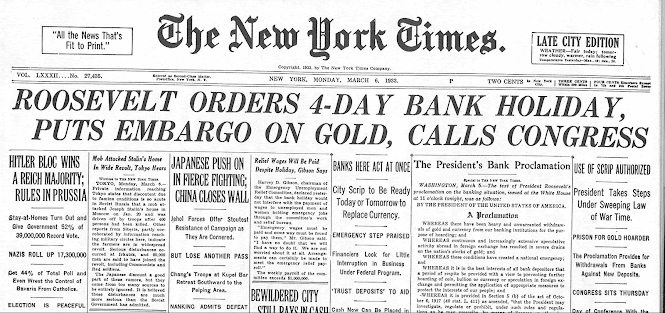Making My Own Decisions

Growing up, I could have been a better decision-maker. I tended to go with the flow and complained if I didn't like the options. I met my husband at the end of my final year of undergraduate studies, and we became a team and made all our decisions for the next fifteen years together. I mean literally every decision. We had a rule that if it was over $100, we would also discuss purchases; it worked well and took the pressure off of him and me by doing it together. My last big buy without him present ended up in a telephone call to buy an Oculus for our son. I got the impulse to buy one at the store; they were on sale, and I secretly called Keith while Liam played with something. We discussed the pros and cons and whether or not I thought it would have any actual longevity as a purchase; I naturally thought yes, so Keith and I agreed, and I told Liam, and we bought it. My desktop at the moment, smiles and memories. Now, I'm the sole adult in this family, parenting and doing eve



